At Flickinger Boulton Robson Weeks, we understand that personal injuries can have a profound impact on your life, both physically and financially. Whether you’ve been injured in a car accident, slip and fall, or any other type of accident caused by someone else’s negligence, our experienced legal team is here to help.
With offices in Provo and South Jordan, Utah, we are dedicated to providing personalized, compassionate representation to clients throughout the state. Our goal is to guide you through the legal process, protect your rights, and secure the compensation you deserve for your injuries. Let us put our expertise to work for you. Contact us today for a free consultation.
When you file a personal injury claim, the process often involves dealing with the insurance company representing the party responsible for the injury. Insurance companies are in the business of minimizing their financial payouts, and this can sometimes make the claims process challenging for injured individuals.
Understanding how insurance companies handle personal injury claims can help you navigate the process more effectively.
Once a personal injury claim is filed, the insurance company will begin an investigation to determine the details of the incident. This typically includes reviewing police reports, medical records, witness statements, and any other evidence relevant to the case.
The insurance adjuster will assess the extent of your injuries, the circumstances surrounding the accident, and the degree of fault involved. The goal is to determine the liability of the responsible party and the amount of compensation to offer for your injuries.
Insurance companies often use various methods to determine who is at fault in an accident. They will examine the available evidence, such as traffic laws, witness accounts, and accident reconstructions, to establish responsibility. However, keep in mind that insurance companies may downplay their insured party’s fault or try to place more blame on the injured party to reduce their payout.
Insurance companies will also evaluate the damages you have suffered, which includes medical bills, lost wages, pain and suffering, and other related costs. They may request access to your medical records and bills to assess the severity of your injuries. However, they may attempt to minimize the value of your damages by offering a low settlement. It’s important to note that the initial offer may not fully reflect the true value of your claim.
After evaluating liability and damages, the insurance company may offer a settlement. While some claims settle quickly, others may involve lengthy negotiations. It’s often in the insurance company’s interest to settle as quickly and cheaply as possible. However, it’s paramount not to accept the first offer without consulting with a personal injury lawyer, as it may not fully compensate you for all your losses.
Dealing with an insurance company after a personal injury can be complicated. Working with an experienced attorney ensures that your interests are protected and that you’re not taken advantage of during the process.
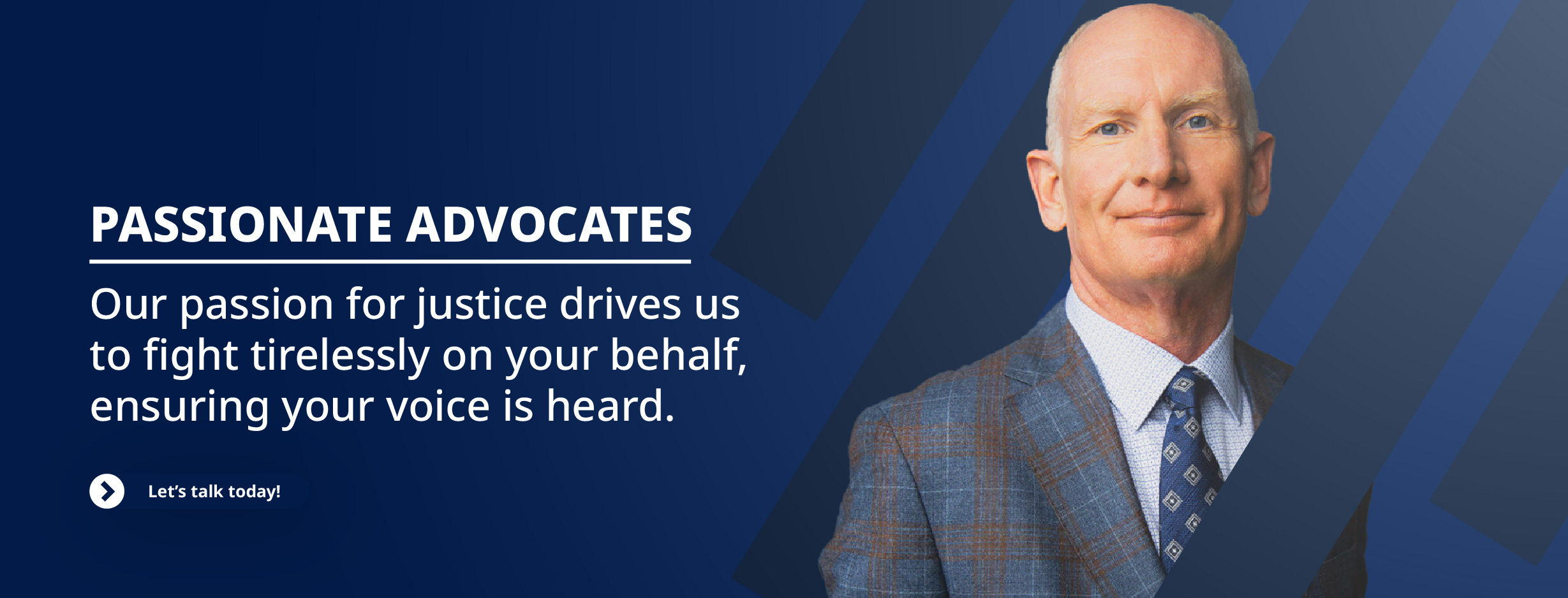
Insurance companies are businesses focused on minimizing payouts to protect their profits. When handling personal injury claims, insurers often use various tactics to reduce the amount they must pay to injured victims. Understanding these strategies can help you protect your rights and avoid settling for less than you deserve.
One of the most common tactics insurers use is offering a quick, low settlement soon after an accident. They hope that claimants, especially those facing mounting medical bills and lost wages, will accept the offer without realizing its true value. While a fast payout may seem appealing, early offers rarely account for long-term medical expenses, future lost income, or pain and suffering.
Insurance companies sometimes drag out the claims process to frustrate and pressure victims into settling for less. They may delay responses, require excessive documentation, or request unnecessary paperwork to slow things down. By prolonging the process, insurers hope that claimants will become desperate and accept a lower settlement.
Another tactic insurers use is shifting blame or denying liability altogether. They may argue that their policyholder was not at fault or that you were partially responsible for your own injuries.
Under Utah’s modified comparative fault rule, if they can prove you were more than 50% at fault, you won’t be able to recover compensation. Even if they can shift some blame onto you, it reduces the amount they must pay.
Insurance companies often challenge the severity of injuries to justify offering a lower settlement. They may claim that your injuries are pre-existing, were not caused by the accident, or are not as serious as you say. Insurers may also scrutinize medical records and use their own doctors to downplay your need for ongoing treatment.
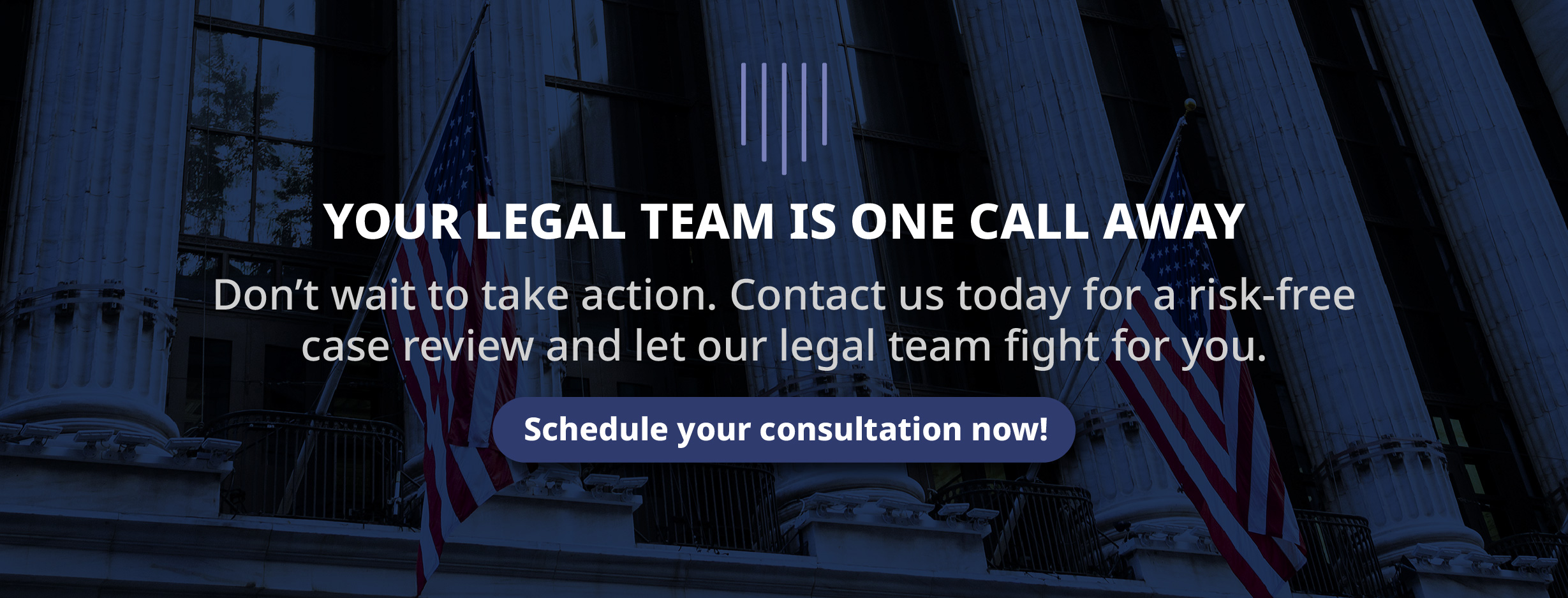
Insurers may ask you to provide a recorded statement soon after the accident, claiming it will “help speed up the process.” However, they can twist your words or take statements out of context to use against you later. Even innocent remarks can be misinterpreted to suggest that your injuries are not severe or that you admitted fault.
Insurance companies sometimes conduct surveillance or monitor social media accounts to find evidence that could weaken your claim. If they see you engaging in activities that contradict your reported injuries, they may use it to argue that you are exaggerating or faking your condition.
Some insurers mislead claimants about the extent of available coverage, suggesting that policy limits prevent a higher payout. In reality, there may be additional coverage sources, such as underinsured motorist coverage or third-party liability claims.
The best way to protect yourself from these tactics is to avoid speaking with the insurance company without legal representation. An experienced personal injury lawyer can handle negotiations, ensure your claim is properly valued, and fight back against unfair practices. By having legal guidance, you can improve your chances of securing the full compensation you deserve.
Negotiating with an insurance adjuster after a personal injury accident can be challenging, as adjusters are trained to protect the insurance company’s bottom line. They often use various tactics to minimize payouts, so it’s crucial to approach negotiations strategically to secure the compensation you deserve.
Before speaking with an adjuster, determine the full value of your claim, including medical expenses, lost wages, property damage, pain and suffering, and any future costs related to your injury.
Insurance companies typically start with a low settlement offer, hoping you’ll accept without fully considering your losses. Having a clear understanding of your claim’s worth gives you leverage during negotiations.
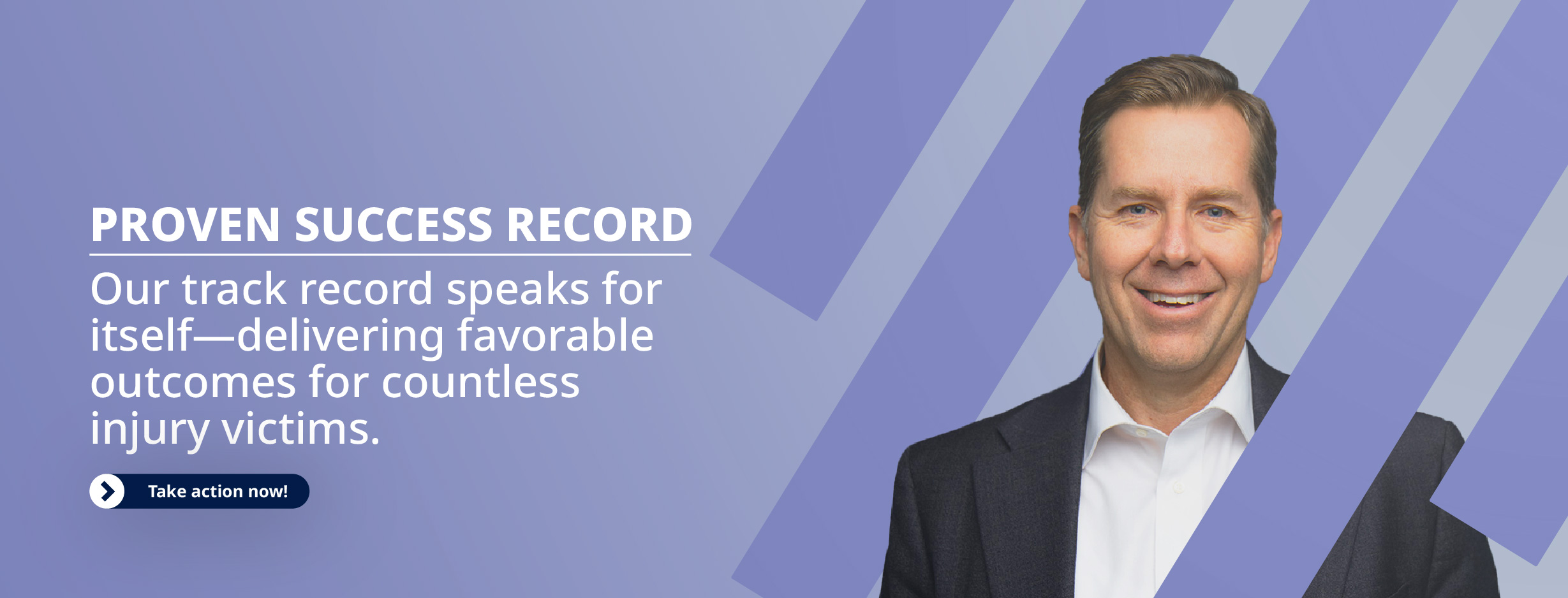
Adjusters may ask for a recorded statement under the pretense that it will “speed up the process.” However, they can use your words against you to minimize or deny your claim. Politely decline to provide a recorded statement and stick to the basic facts of the accident when discussing your case.
Having solid evidence strengthens your negotiating position. Collect medical records, doctor’s notes, accident reports, witness statements, and photos of the scene and injuries. The more documentation you provide, the harder it is for the adjuster to dispute your claim.
If possible, obtain expert opinions from medical professionals or accident reconstruction specialists to further validate your damages.
The first settlement offer from an adjuster is almost always lower than what you deserve. Instead of accepting it, make a reasonable counteroffer based on your damages and supporting evidence. Be prepared to justify your demand with specific details, such as ongoing medical treatments and how the injury has impacted your life.
Insurance companies often use delay tactics to pressure claimants into accepting low offers. Stay firm and persistent, following up regularly while remaining professional. Keep all communication in writing to document the negotiation process.
Adjusters may attempt to downplay your injuries, argue that you were partially at fault, or suggest that their offer is the maximum amount available. Be aware of these tactics and do not let them pressure you into settling for less than you deserve. If you feel overwhelmed, consult with a personal injury lawyer before continuing negotiations.
If negotiations stall or the adjuster refuses to make a fair offer, hiring a personal injury attorney can make a significant difference. An attorney understands how to counter insurance company tactics and can fight for the full compensation you deserve.
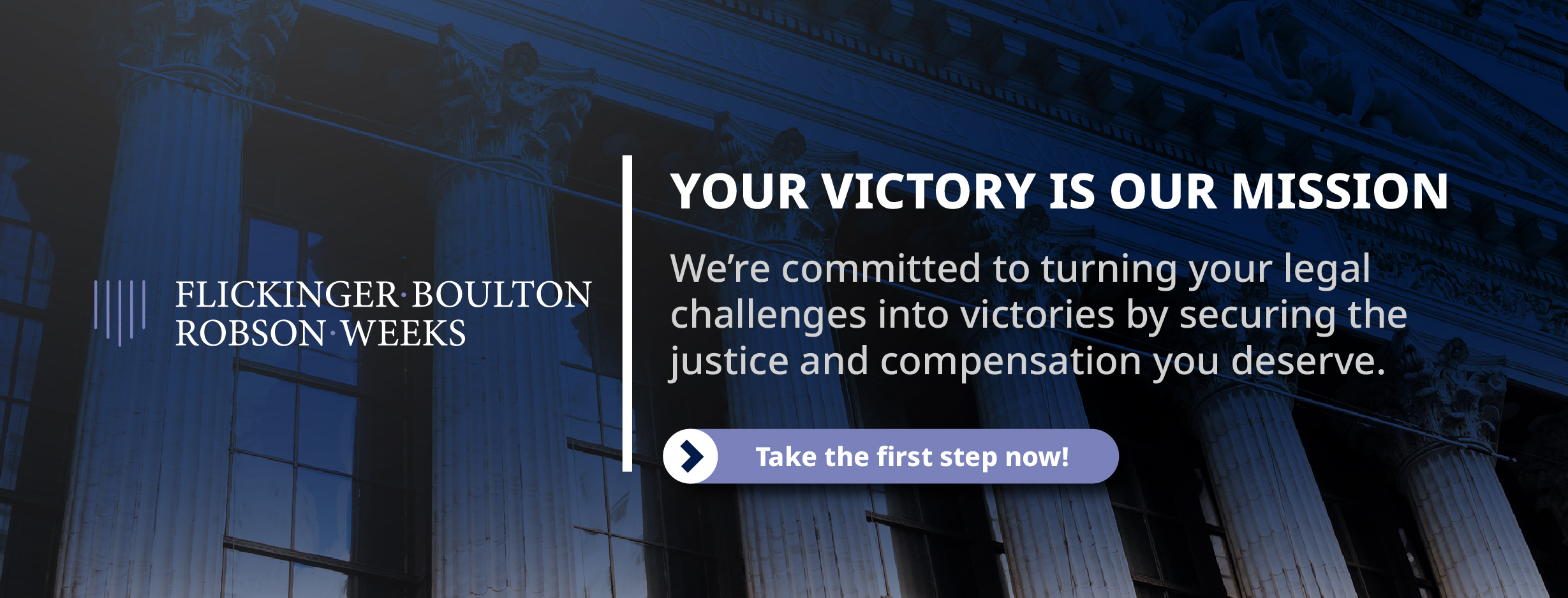
Dealing with an insurance company after a personal injury accident can be challenging, especially when they attempt to reduce or deny your compensation. While some minor claims can be resolved without legal representation, certain situations require the expertise of a personal injury lawyer. Knowing when to hire a lawyer can significantly impact your ability to recover the full amount you are entitled to.
One of the clearest signs that you need legal representation is if the insurance company denies your claim outright. Insurers may deny claims for various reasons, including arguing that their policyholder was not at fault, disputing the severity of your injuries, or citing policy exclusions.
A lawyer can review the denial, determine whether it was justified, and appeal the decision on your behalf.
Insurance companies often make lowball settlement offers, hoping that claimants will accept less than they deserve. If you receive an offer that does not cover your medical expenses, lost wages, and other damages, an attorney can negotiate on your behalf to secure a fair settlement. Lawyers understand how to assess the true value of a claim and counter unfair offers with strong evidence.
If the insurance company argues that you were partially or fully responsible for the accident, hiring a lawyer is crucial. Utah follows a modified comparative fault rule, which means you can only recover compensation if you are less than 50% at fault.
Insurers may try to shift blame onto you to reduce or eliminate your payout. A personal injury lawyer can gather evidence, obtain expert opinions, and build a strong case to prove the other party’s liability.
If your injuries require extensive medical treatment, surgery, rehabilitation, or result in permanent disability, you should hire a lawyer to handle your claim. Serious injuries often lead to higher medical costs and long-term financial consequences.
An attorney can help calculate future medical expenses, lost earning capacity, and non-economic damages such as pain and suffering to ensure you receive full compensation.
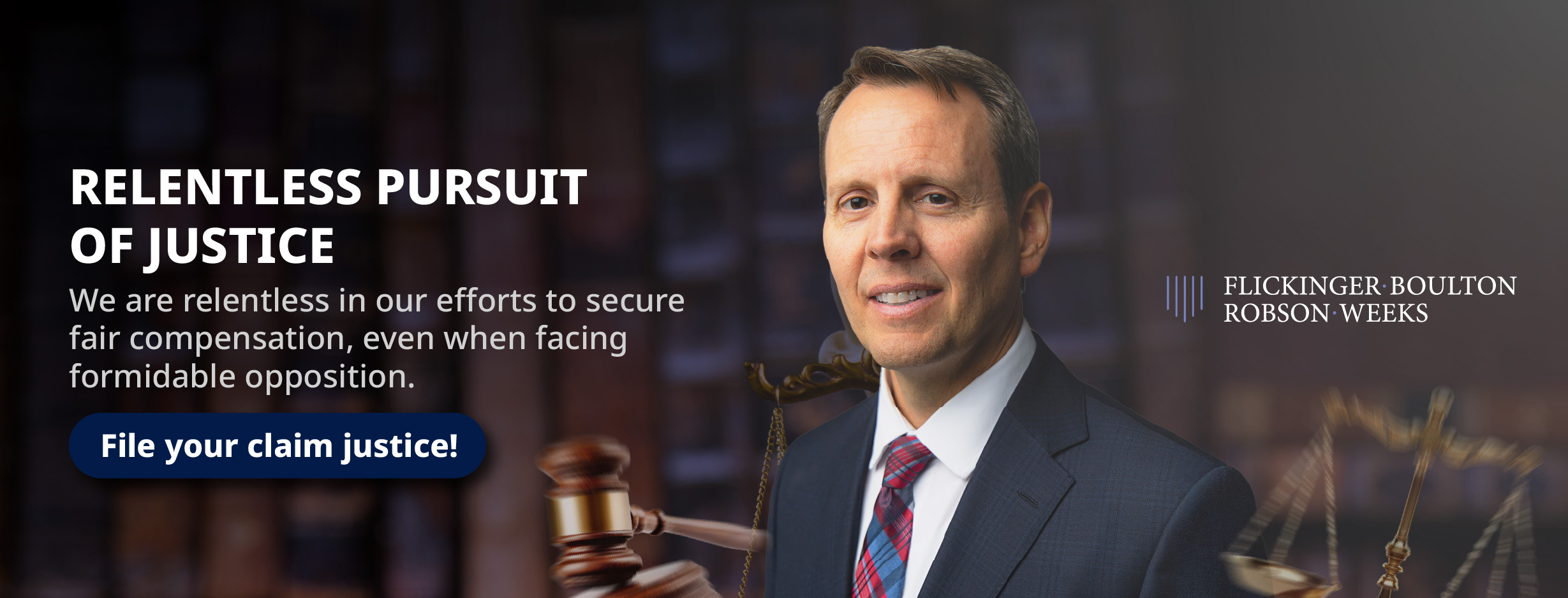
Insurers sometimes delay claims processing to pressure injured victims into accepting lower settlements. They may request unnecessary paperwork, fail to return calls, or take an unreasonable amount of time to review your case. If you suspect that the insurance company is intentionally stalling, an attorney can intervene and push for a timely resolution.
Insurance adjusters often ask claimants to provide a recorded statement, which they may later use to dispute liability or downplay injuries. Even seemingly innocent remarks can be misinterpreted to weaken your claim.
If an adjuster requests a recorded statement, consult with a lawyer before agreeing to provide one. An attorney can advise you on what to say or communicate with the insurer on your behalf.
Many personal injury victims are unaware of their full legal rights and the amount of compensation they may be entitled to. Insurance companies take advantage of this by offering low settlements or misleading claimants about coverage limits. A lawyer can evaluate your case, explain your rights, and ensure that you are not taken advantage of during the claims process.
While minor claims may not require legal assistance, hiring a lawyer can be essential when facing a denied claim, disputed liability, serious injuries, or unfair settlement offers.
A skilled personal injury attorney can protect your interests, negotiate with the insurance company, and fight for the compensation you deserve. If you’re struggling with an insurance claim, consulting with a lawyer as soon as possible can make a significant difference in the outcome of your case.
At Flickinger Boulton Robson Weeks, our Utah personal injury lawyers are committed to providing dedicated legal representation to those who have suffered injuries due to negligence.
With a strong focus on client advocacy, we work tirelessly to secure the compensation you deserve for medical expenses, lost wages, and pain and suffering. Our experienced team understands the complexities of personal injury law and is prepared to fight for your rights every step of the way.
If you or a loved one has been injured, don’t face the insurance companies alone. Call Flickinger Boulton Robson Weeks today at (801) 500-4000 for a free consultation and let us help you seek the justice you deserve.
Bicycle Accidents
Motorcycle Accidents
Boating Accidents
Recreational Vehicle Accidents
Bus and Mass Transit Accidents
Pedestrian Accidents
Automobile Accidents
ATV or UTV Rollovers
Commercial Vehicle Accidents
Semi Truck and Trailer Accidents
UTAH INJURY LAWYERS
Flickinger • Boulton
• Robson • Weeks
PROVO OFFICE
3000 N University Ave
Suite 300
Provo, UT 84604
SOUTH JORDAN OFFICE
10393 S. Temple Dr.
Suite 103
South Jordan, Utah 84095
OFFICE HOURS
Monday- Friday: 8AM-5PM
Saturday-Sunday: Closed
*Disclaimer: the information provided by this website is for informational purposes only and should not be considered legal advice or a substitute for competent legal counsel.
**SMS consent and contact phone numbers will not be shared or sold to third parties or their affiliates for any purpose.
© 2025 All Rights Reserved.